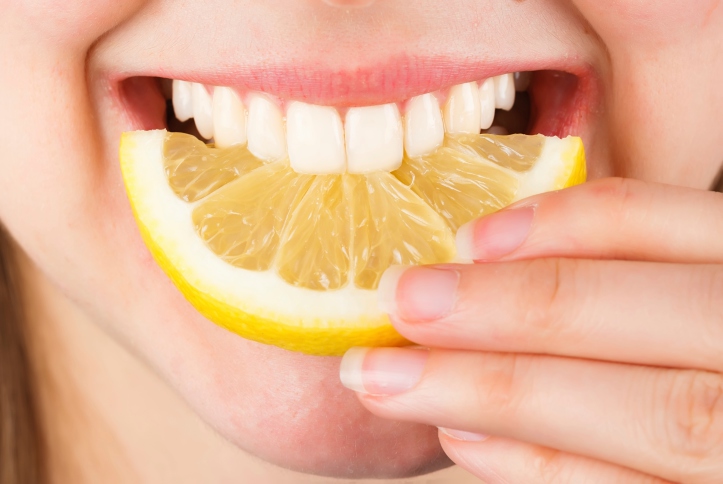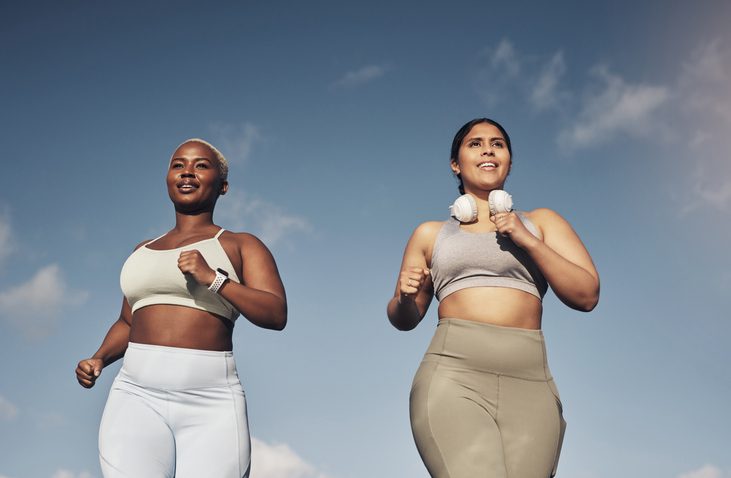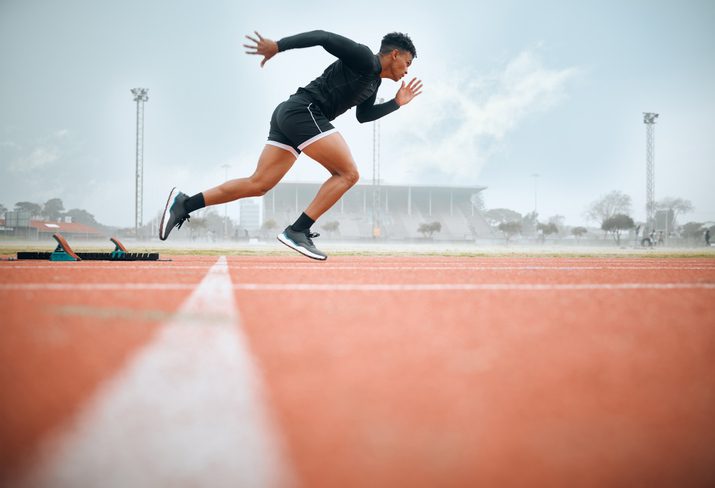Are you tired of feeling tired, dizzy, or out of breath when you run? You’re not alone. Research shows that 35 per cent of female and 10 per cent of male athletes suffer these symptoms of iron deficiency: a condition that can zap energy, impair cognitive function and compromise the immune system, significantly impacting performance. (Iron deficiency is particularly high in female athletes due to menstruation.)
Iron is one of the most important micronutrients for runners, as it plays a crucial role in oxygen transport and energy production. As a runner, you’re more prone to iron deficiency due to increased hepcidin production (a hormone that makes it harder to absorb iron) during exercise. But here’s the silver lining–there are three powerful ways to boost your iron levels. Applying these strategies to your running routine can improve your overall health and kick iron deficiency to the curb.

Consume iron-rich foods
Consuming foods with a high iron content is a great way to boost your iron levels. But here’s a pro tip: look for foods with high iron bioavailability. This term refers to how much iron from a food source can be absorbed and used by your body.
Fruits rich in vitamin C, like oranges or kiwis that, while not being good sources of iron themselves, help your body absorb the iron you’re taking in from other sources. In particular, you want to focus on foods rich in heme iron (the form of iron most readily absorbed by your body). These include spinach, liver, sardines and poultry.

Eat at the right time
When it comes to iron intake, timing plays a role. Research indicates that when you eat can significantly impact your iron absorption—for example, consuming a meal before a run has been found to reduce iron absorption, compared to eating after a run. This is because your body struggles to absorb iron in a rested state, thanks (again) to that hormone mentioned earlier, hepcidin.
Hepcidin regulates iron levels in the body. Your body produces more of this hormone when you’re at rest, inhibiting iron absorption and making it harder for your body to get the iron it needs. The optimal time to eat a meal is either 30 minutes or 12 hours after a run. During these periods, your body produces the least amount of hepcidin, allowing it to absorb iron more efficiently.

Consider an oral supplement
Researchers recommend oral iron supplements (in liquid or tablet form) as a safe and effective way to increase iron levels. Athletes have long preferred this method due to its affordability and non-invasiveness. But, it’s essential to consult a doctor before starting any supplement regimen, as some doses can have side effects. If you have any symptoms of iron deficiency, consult your doctor for a blood test to determine your iron levels.
For instance, unlike liquid iron, iron tablets have been associated with stomach lining injuries. So, it’s crucial to be aware of these and monitor your body’s response when taking oral iron supplements.

